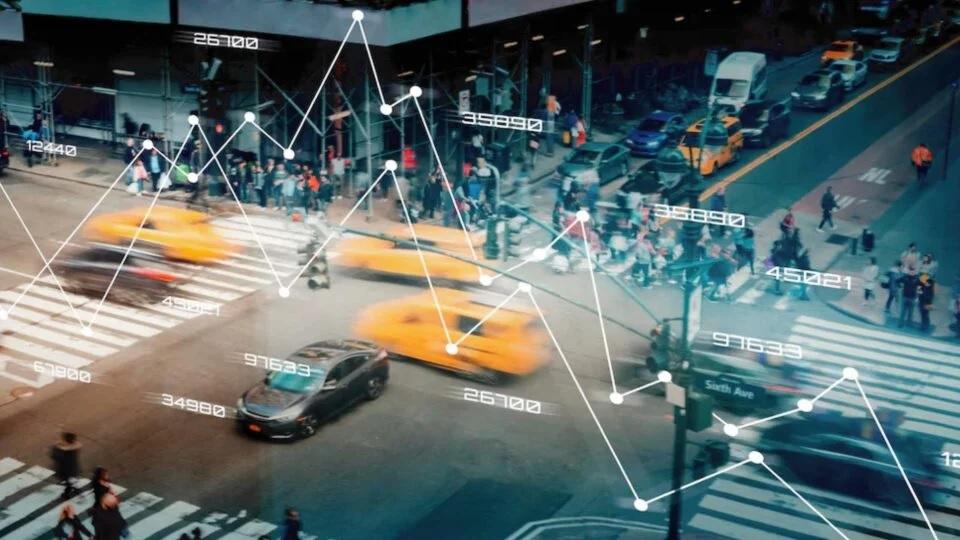Smart Cities 2024: Redefining Urbanization

In the 21st century, people are searching for an abode that will provide better public infrastructure and easily accessible resources that will make their lives easier.
Traditional cities often grapple with major issues of inadequate infrastructure, huge population growth, inefficient resource and waste management, and traffic congestion, aiming at a lack of urban development.
However, the introduction of smart cities represents a pivotal shift towards embracing new-age technologies to solve some of the most pressing challenges of urban living and make cities have better infrastructure, public services, and sustainable growth.
The concept of smart cities emerged as a transformative trend in the fields of technology and architecture that will reshape the urban landscape and revolutionize the way people interact with our environment. By integrating technologies such as the Internet of Things (IoT), artificial intelligence (AI), blockchain, and big data analytics, architects and IT professionals can set new standards for service delivery, sustainability, and livability.
In 2024, IT professionals and architects will be at the forefront of this environmental sustainability movement, leveraging technology and innovative design principles to develop cities that are technologically advanced, sustainable, and efficient to cater to the different needs of each resident.
In today’s exclusive AITech Park article, we will explore the emerging trend of smart cities and how IT professionals and architects can play a pivotal role in the development of these cities.
Powering the City with Renewables
The transition to renewable energy sources is an important aspect of smart city development, with IT professionals and architects leading the charge toward implementing sustainable energy solutions. For instance, the integration of solar panels on rooftops and farms to harness the sun’s energy to power homes, businesses, and public facilities. In many American cities, the strategic use of wind turbines capitalizes on renewable wind energy resources, supplementing the city’s power grid.
Redefining Urban Transport
The traditional model of urban transportation has undergone a shift that is purely based on AI algorithms for making smart cities efficient and sustainable. With the help of IT professionals, architects can take the initiative to transform urban mobility. The first initiative is to prioritize public transportation systems that are well aligned with big data analysis and ML technologies to enhance accessibility and reliability. Urban planners should adopt different electric vehicles and embrace clean energy solutions to reduce emissions and combat air pollution.
As the world’s population continues to grow at an unprecedented rate, the essentiality of smart cities becomes more pronounced, as they provide a blueprint to address the challenges of urbanization and strive to reach the different goals related to improving urban lifestyle, achieving economic growth, and environmental sustainability.
To Know More, Read Full Article @ https://ai-techpark.com/the-emergence-of-smart-cities-in-2024/
Related Articles -
celebrating women's contribution to the IT industry
Transforming Business Intelligence Through AI
Trending Categories - Patient Engagement/Monitoring
- Art
- Causes
- Crafts
- Dance
- Drinks
- Film
- Fitness
- Food
- Jogos
- Gardening
- Health
- Início
- Literature
- Music
- Networking
- Outro
- Party
- Religion
- Shopping
- Sports
- Theater
- Wellness
